——Exclusive interview with Chinese American writer Grace Li
By Gao Chuyi
(ECNS) -- "Portrait of a Thief," the debut novel by Stanford Medical student Grace D. Li, was published in the United States in early April this year. The author explores the complexities of Chinese-American identity through an in-depth exploration of the young Asian American experiences. This book was rated as one of the "2022 Most Anticipated Novels" by Goodreads, an American book review network, and Bookbub, an e-book sharing platform."It's a love letter to the Chinese-American experience," the Stanford Daily said. The book has been acquired by Netflix, and she will serve as an executive producer.
Recently, Grace Li, accepted an exclusive interview with China News Service, "W.E. Talk", saying that so much of the Chinese American identity involves searching for belonging and a place to call home. She hopes that the increase in Asian American stories means that young Asian Americans will face less of this conflict and feel more comfortable navigating their identities.
Here are excerpts from the interview:
CNS: Why did you come up with the idea of writing a novel about Asian Americans? How did stories about the disappearance of Chinese artworks from Western museums inspire your writing?
Grace Li: Growing up, I never read stories about characters who looked like me, so I didn’t know that American fiction could include Asian Americans. It wasn’t until I got to college that that began to change, and I feel very lucky to be writing in a time with so many other Asian authors. When I learned about the real-life thefts of Chinese art, I knew I wanted to read a book about that topic. More specifically, I wondered what it would look like if the thieves weren’t expert criminals but Chinese American college students, navigating their identity and hopes for the future while embarking upon these heists. It was particularly meaningful for me to think about Chinese Americans returning looted art back home to China because so much of the Chinese American identity involves searching for belonging and a place to call home.
CNS: In your novel, a group of young Chinese American students share the common goal of returning a looted work of art to China. So, what are the common perceptions of their identity among the young people you write about who have some connection to China?
Grace Li: While writing this novel, I wanted to capture some of the variety of the Chinese American experience. There is no single Chinese American identity, and identity is influenced by where one grew up, family background, socioeconomic status, and more. One character in the book grew up in Beijing and moved to the United States, and he still thinks of himself as more Chinese than American. Other characters have lived in the United States their whole lives. In this book, characters vary from first generation to third generation, and their experiences of Chinese American identity are affected by that. There are big and small commonalities to be found, though, whether it’s in a love of Chinese food or experiences of discrimination in America.
CNS: You explore the Asian American experience in depth in your novel, and you also write of wanting something intangible, of connections to unseen foreign lands and of trying to honor immigrant parents. In your opinion, what is the difference between young Asian Americans and their immigrant parents in their understanding of "Foreign Land" and "Homeland"?
Grace Li: I think for young Asian Americans, myself included, the meaning of home is often in flux. I grew up in America, and view it as my home, but I also don’t see China as completely foreign. How can I, when most of my family still lives there, and I return every few summers? At the same time, I can never be as comfortable in China as my parents, and my Chinese is not nearly as good as my English. Growing up in America, as the child of Chinese immigrants, I often felt adrift in a way I thought my parents could never understand. At the same time, though, they’ve now lived in the United States for as long as they did in China, and so we’re increasingly talking about our identity as Chinese Americans, both first generation and second. These family relationships are also something I tried to explore in my book, where all the characters have differing relationships to their parents, China, and their definition of homeland.
CNS: You grew up in two cultures, American and Chinese. How did they help and influence you together? How do you face and resolve a sense of identity "conflict"? In your opinion, how can young Chinese-American in two cultures find their own identity?
Grace Li: Growing up in America, I would often get questions about where I was from. Even though I was born and raised in America, other Americans never seemed satisfied with my answer until I said China. At the same time, when I went to China, strangers and relatives would ask me questions about whether I could speak Chinese or use chopsticks. Wherever I went, I felt like I wasn’t American enough or Chinese enough. This conflict took me many years was not resolved until I went to college when I began to be comfortable thinking of myself as both Chinese and American. I can’t name an exact moment that transition happened, but it was influenced by taking Chinese classes, being surrounded by other Asian Americans, reading Asian American literature, and just growing older and more comfortable with myself. I hope that the increase in Asian American stories means that young Asian Americans will face less of this conflict and feel more comfortable navigating their identities.
CNS: What do you hope to convey to readers through this novel? How to enhance the understanding and cognition of Chinese American history and identity among Chinese American youth?
Grace Li: I finished writing this book during the pandemic, during a time of increased fear and discrimination for Asian Americans and immigrants. I wanted to write about young Asian Americans moving freely and fearlessly throughout the world, centering their lives, motivations, and ambitions as they took on this adventure of a lifetime. For me, it was a much-needed escape to think about these characters while so much of the world was in upheaval, and I hope that readers who pick up this book see all the complexities—and the joys—of being a young Chinese American. I also hope that this is one of many more stories about Chinese American identity, because reading books with characters who reflect your experience or open up new perspectives to it is an important, precious thing.
CNS: As the executive producer, what are your expectations for the novel being made into a TV series?
Grace Li: We’re still in the early stages, but I’m very excited! I hope that it will be an opportunity for Chinese American identity to be represented and celebrated on screen. Everyone involved in the project has been wonderful, and we have a shared vision when it comes to casting Chinese American characters and making sure that the small, essential aspects of language and culture come through on screen just as they do in the book. As someone who never saw people like me on TV shows, being involved in this process is a dream come true.

Respondent Profile:
Grace D. Li grew up in Pearland, Texas and is a graduate of Duke University, where she studied biology and creative writing. She lives in Northern California and attends medical school at Stanford University. Portrait of a Thief is her debut novel and is currently in development at Netflix, with Grace serving as an executive producer for the series.

















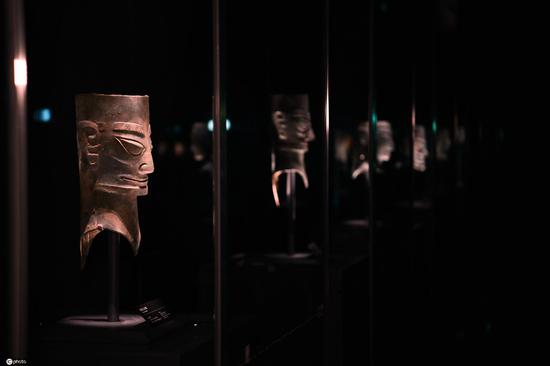

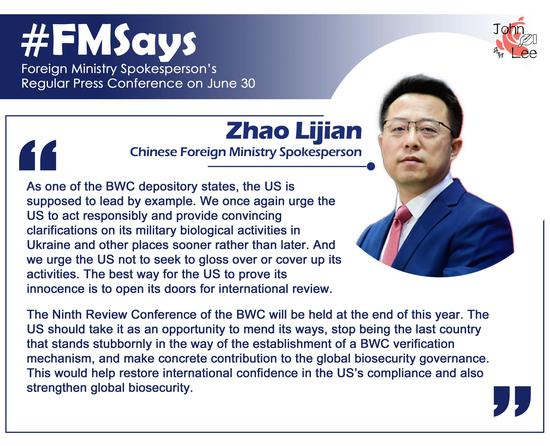

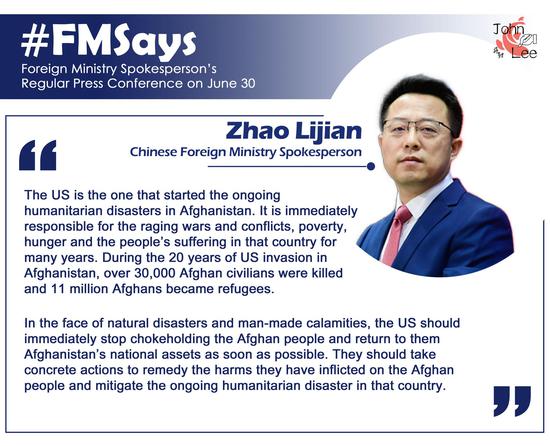

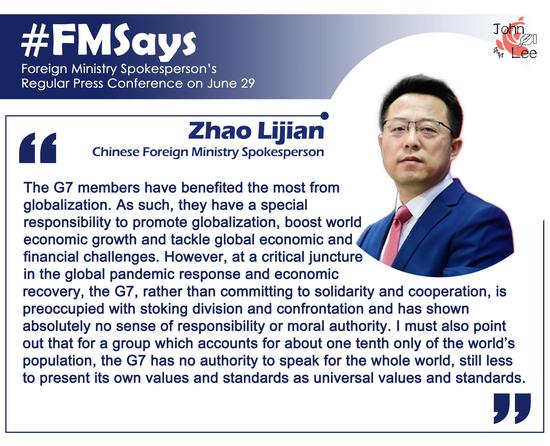







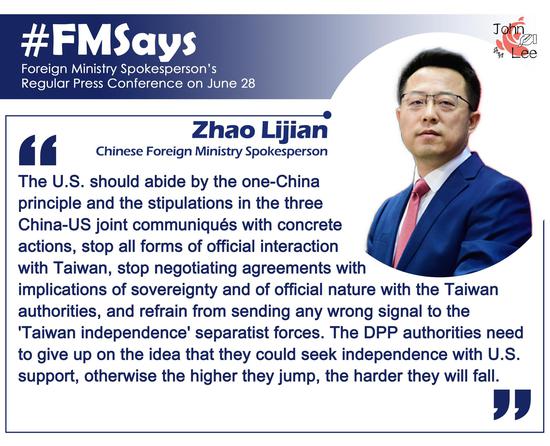




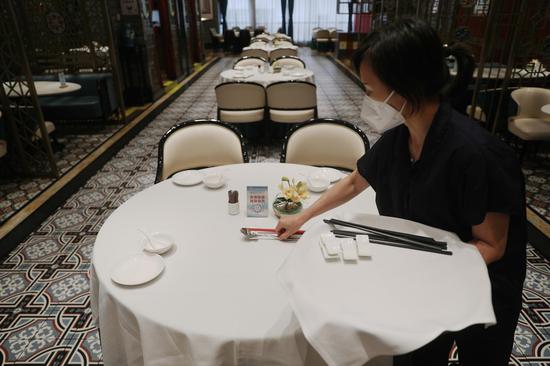


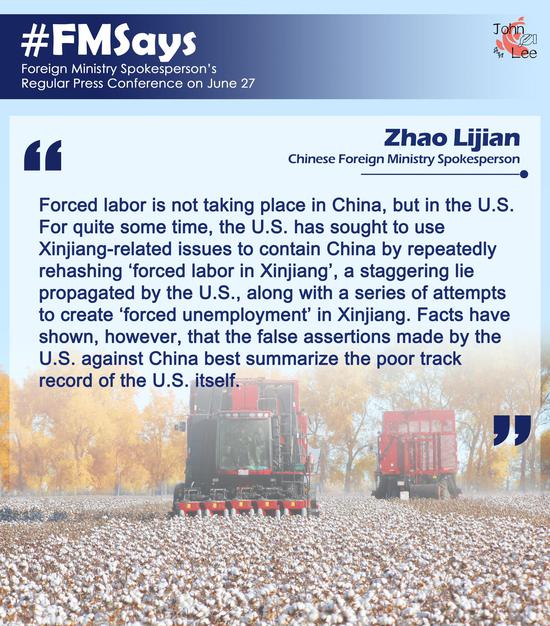
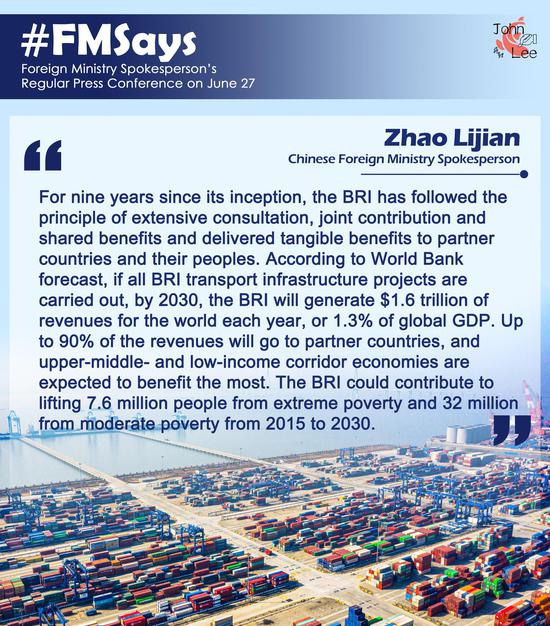









 京公网安备 11010202009201号
京公网安备 11010202009201号